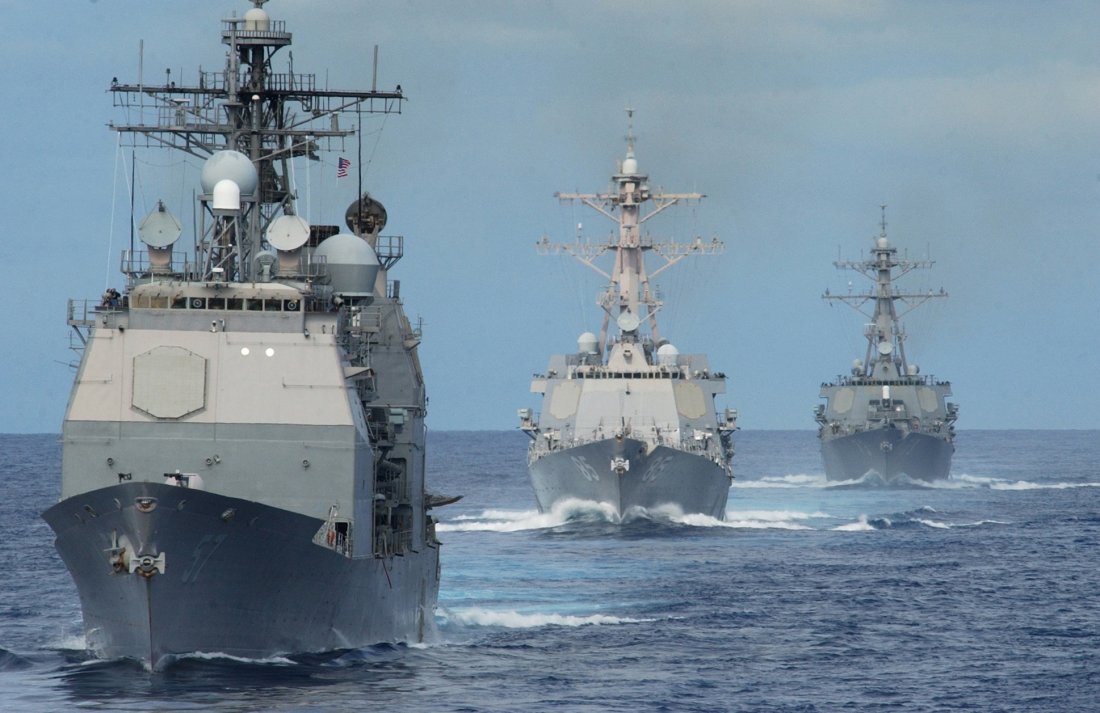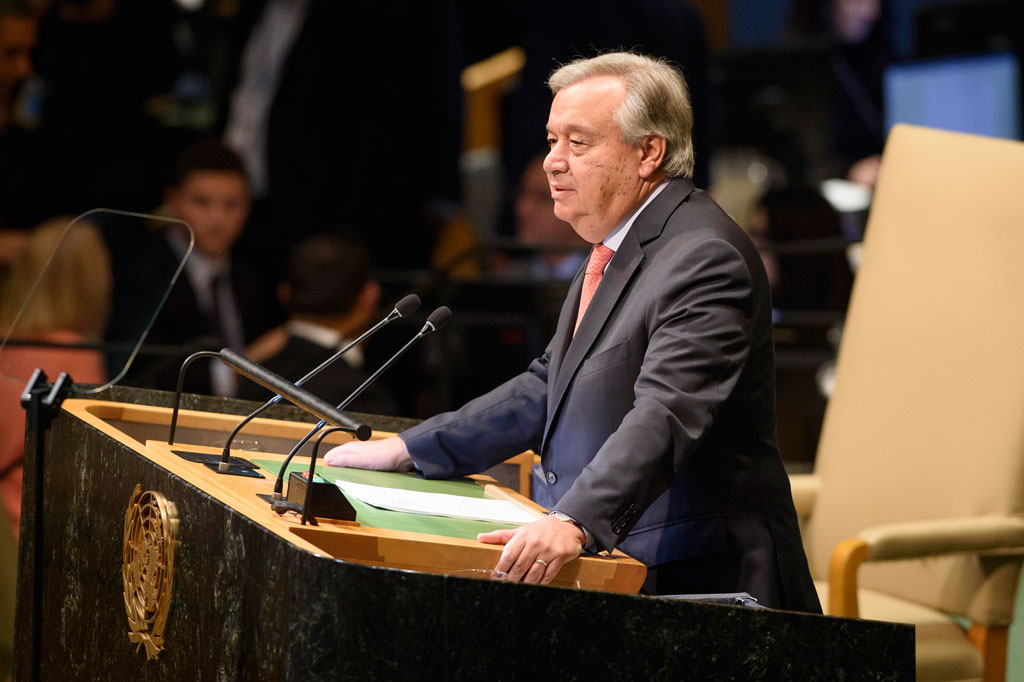KANWAL SIBAL
 The 19th annual summit between India and Russia held last week testifies to the highest level attention that both countries give to their bilateral relationship. That India and Russia held their 19th annual summit last week testifies to the highest level attention that both countries give to their bilateral relationship. For Russia, the relationship with India is not the most important and for India, ties with Russia are not uppermost in foreign policy priorities. Yet, the annual summits have been held without break, which is exceptional. This suggests that for Russia, the bilateral relationship is worth nurturing because, apart from direct bilateral benefits, it gives to Russian foreign policy a strong Asian dimension. The esteem that the Indian leadership shows for President Vladimir Putin contrasts with his demonisation by the West.
The 19th annual summit between India and Russia held last week testifies to the highest level attention that both countries give to their bilateral relationship. That India and Russia held their 19th annual summit last week testifies to the highest level attention that both countries give to their bilateral relationship. For Russia, the relationship with India is not the most important and for India, ties with Russia are not uppermost in foreign policy priorities. Yet, the annual summits have been held without break, which is exceptional. This suggests that for Russia, the bilateral relationship is worth nurturing because, apart from direct bilateral benefits, it gives to Russian foreign policy a strong Asian dimension. The esteem that the Indian leadership shows for President Vladimir Putin contrasts with his demonisation by the West.






/arc-anglerfish-arc2-prod-mco.s3.amazonaws.com/public/AD7RDIIWQ5GOLI5BUBCRUZXSIM.jpg)

/arc-anglerfish-arc2-prod-mco.s3.amazonaws.com/public/DWLJUP4YUVBE3DEZ7KDEPDBQUU.jpg)
